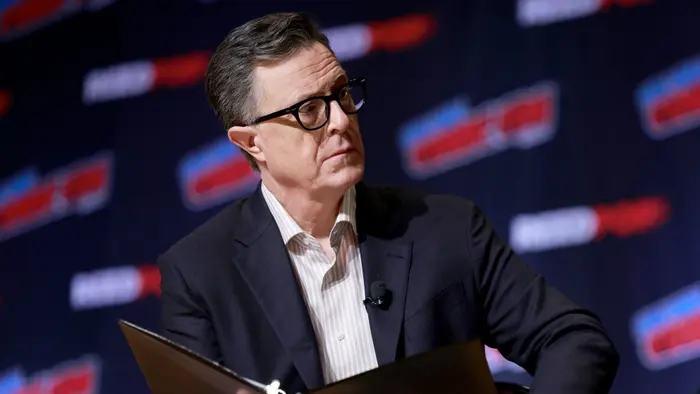T4K3.news
Skydance explains Late Show cancellation
Skydance cites advertising market declines and cautious investment as reasons for ending The Late Show, with Colbert's final episode in May 2026.
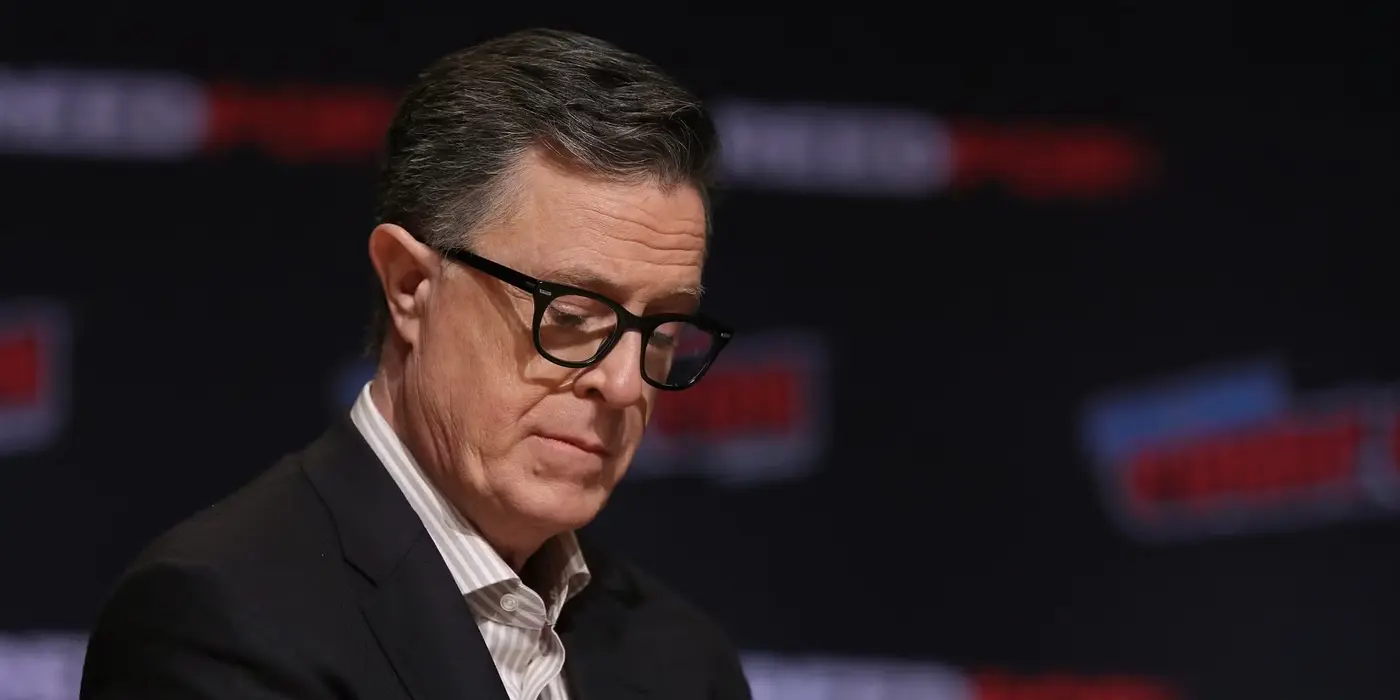
Skydance executives offer new context for The Late Show’s end, pointing to a weak advertising market and cautious investment strategy.
Skydance Explains Late Show Cancellation Driven by Ad Market
Deadline reported that Skydance Chair of TV Media George Cheeks described the late-night economy as a key factor in the decision to cancel The Late Show. He said the advertising marketplace is in significant secular decline and that economics made it difficult to keep the program on air, adding that Skydance plans to invest cautiously and wisely as it shifts toward primetime and sports. CBS announced the cancellation on July 17 as a financial decision, with Stephen Colbert confirming that the final episode will air in May 2026 and stating that he is not being replaced and that this era is ending.
Reaction from across the industry followed quickly. Jimmy Fallon opened his Tonight Show episode on July 22 with remarks about the upheaval, warning that canceling The Late Show could hurt the genre and CBS’s audience, and he highlighted potential viewership losses on air and on Paramount+. In the near term, Colbert will still appear on CBS in a fictional role in the mystery series Elsbeth, set to debut in October, a reminder that talent can shift within the same network even as a show ends.
Key Takeaways
"The challenge in late night is that the advertising marketplace is in significant secular decline."
George Cheeks explains the economics behind the cancellation
"We’re going to invest cautiously and wisely."
Cheeks on Skydance's investment approach
"CBS could lose millions of viewers."
Fallon on the broader impact on CBS
"Not being replaced This is all going away."
Colbert addressing fans after the announcement
The move reveals how late-night shows remain tethered to ad revenue and audience engagement in an era of streaming and changing viewing habits. It also signals a broader caution among studios and networks about the sustainability of long-running formats in a fragmented market. Skydance’s pledge to prioritize primetime and sports indicates a strategic reallocation of resources toward formats with clearer, more reliable monetization. The development could accelerate a shift in how networks structure talent and programming once beloved staples face economic headwinds.
For Stephen Colbert, the cancellation may reframe his public presence, offering him avenues within CBS while the Late Show closes its chapter. For CBS, the challenge will be to preserve audience loyalty and find successors or new formats that can capture live engagement and advertising revenue at scale. The broader industry will watch not only audience numbers but investor signals and how audiences respond to a changing late-night landscape.
Highlights
- The advertising market is in significant secular decline.
- We’re going to invest cautiously and wisely.
- CBS could lose millions of viewers.
- Not being replaced This is all going away.
Financial impact and audience risk tied to cancellation
The cancellation reflects budget and revenue pressures that could influence investor sentiment and public reaction. It also signals potential changes in how networks value late-night formats, with measurable risks to viewership and advertiser confidence.
The next year will reveal how networks rebuild trust with viewers and advertisers.
Enjoyed this? Let your friends know!
Related News
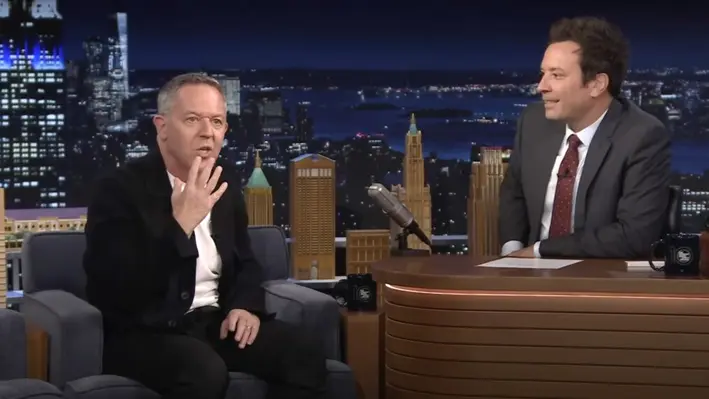
Fallon hosts Gutfeld in rare late-night crossover
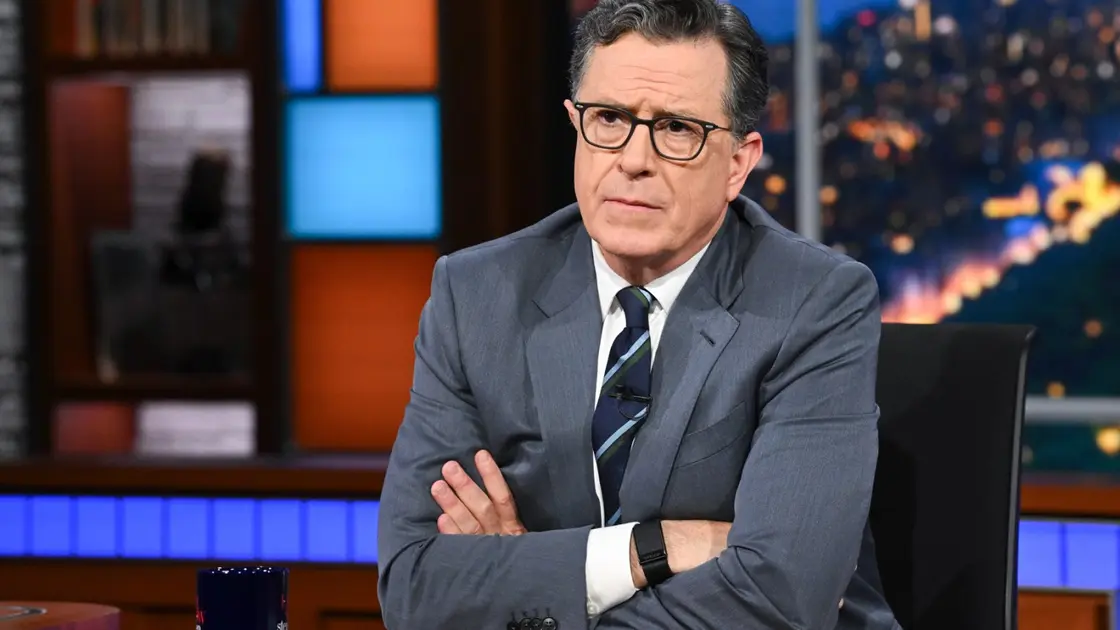
Colbert announces the end of The Late Show
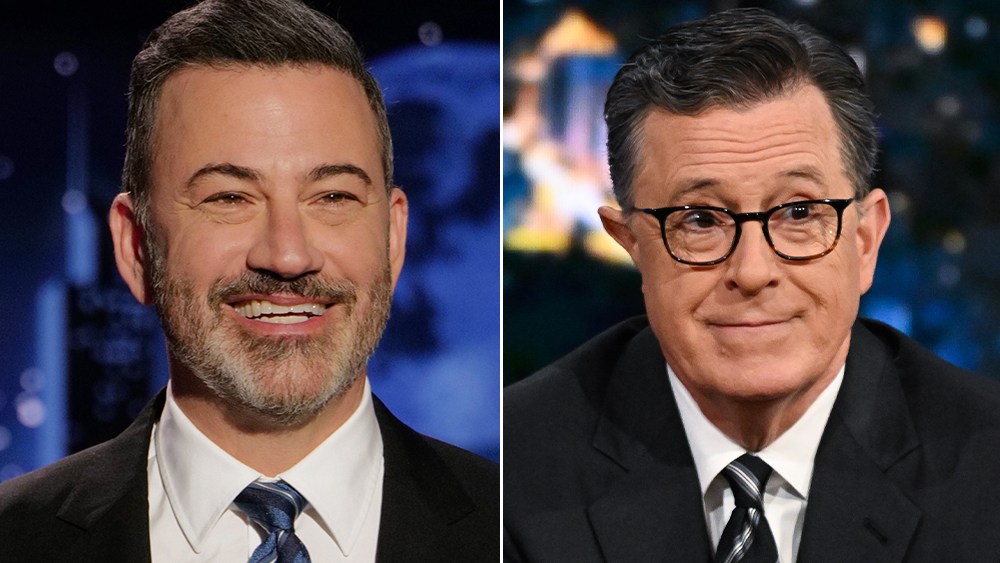
CBS cancels Stephen Colbert's Late Show amid controversy
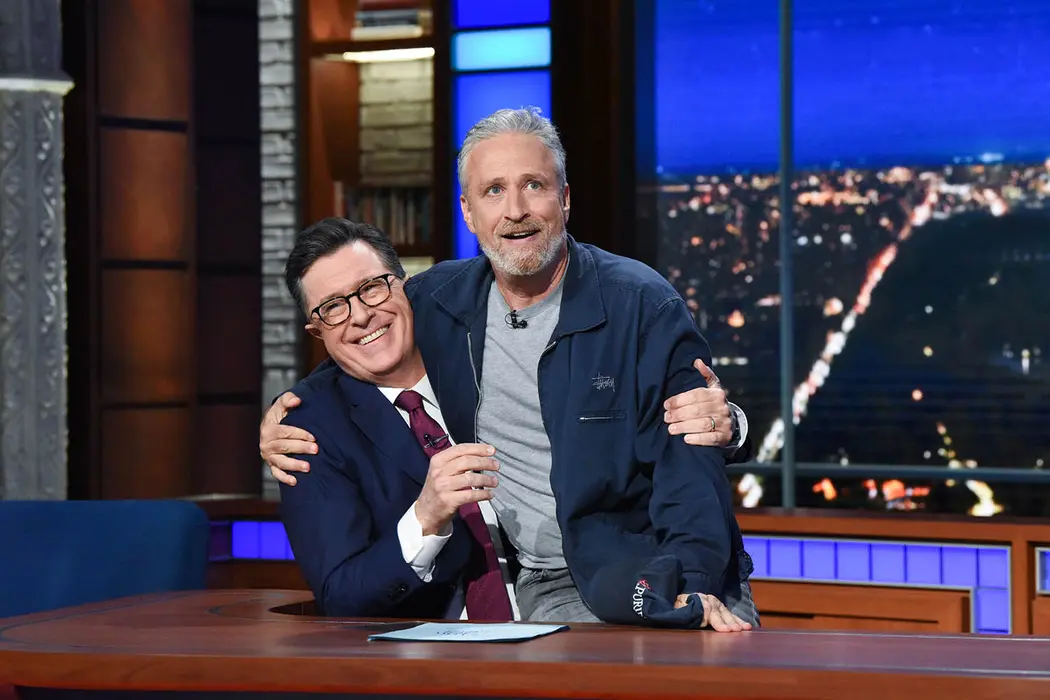
The Late Show cancellation highlights media issues
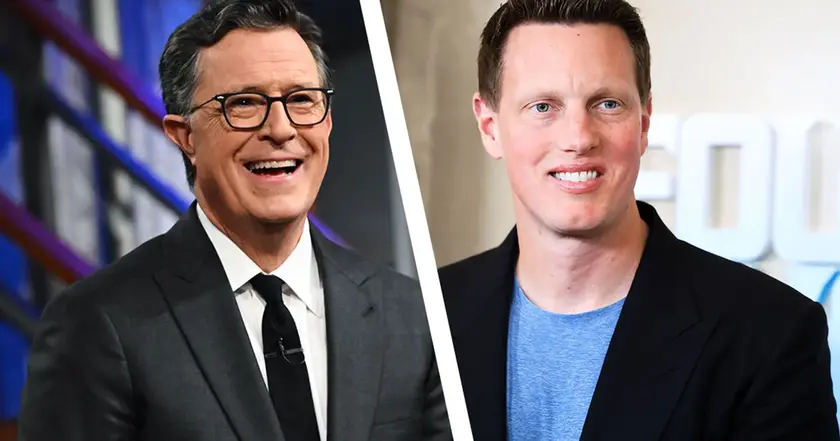
New Paramount merger finalized with numerous challenges ahead
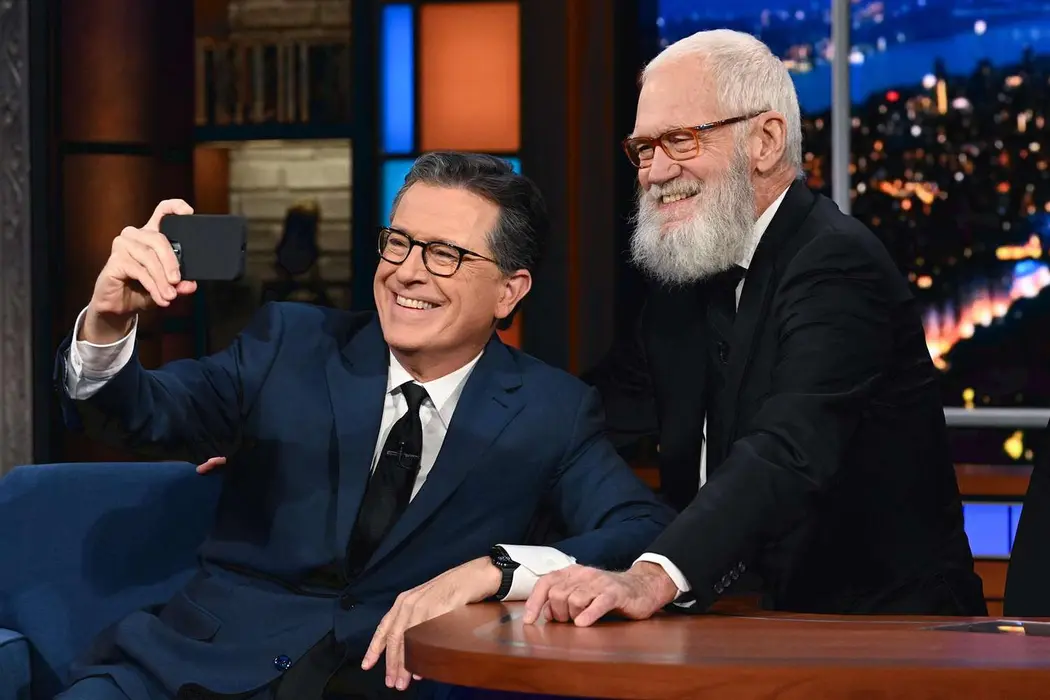
David Letterman lashes out at CBS and Skydance over Late Show cancellation
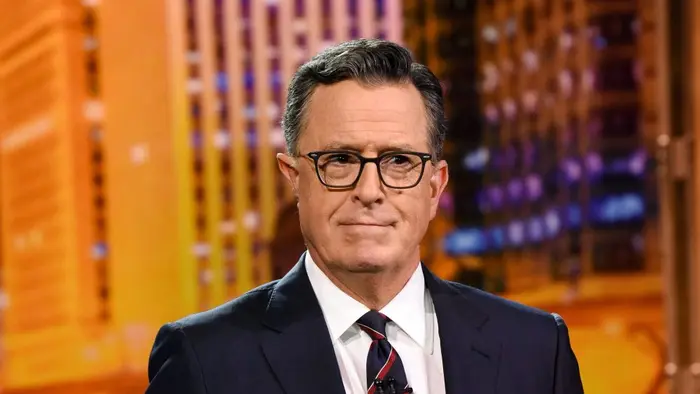
Colbert Responds to Trump's Comments
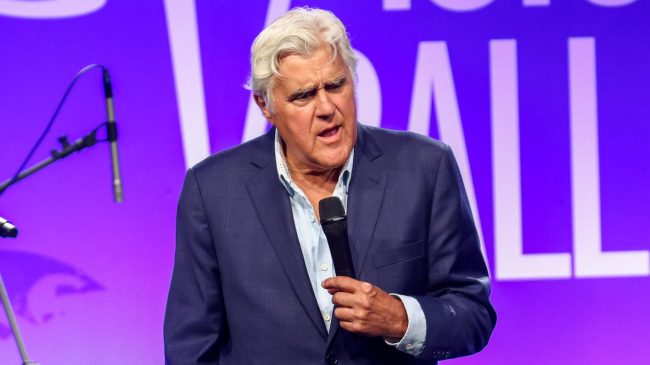
Jay Leno Critiques Late Night Hosts for Audience Division
